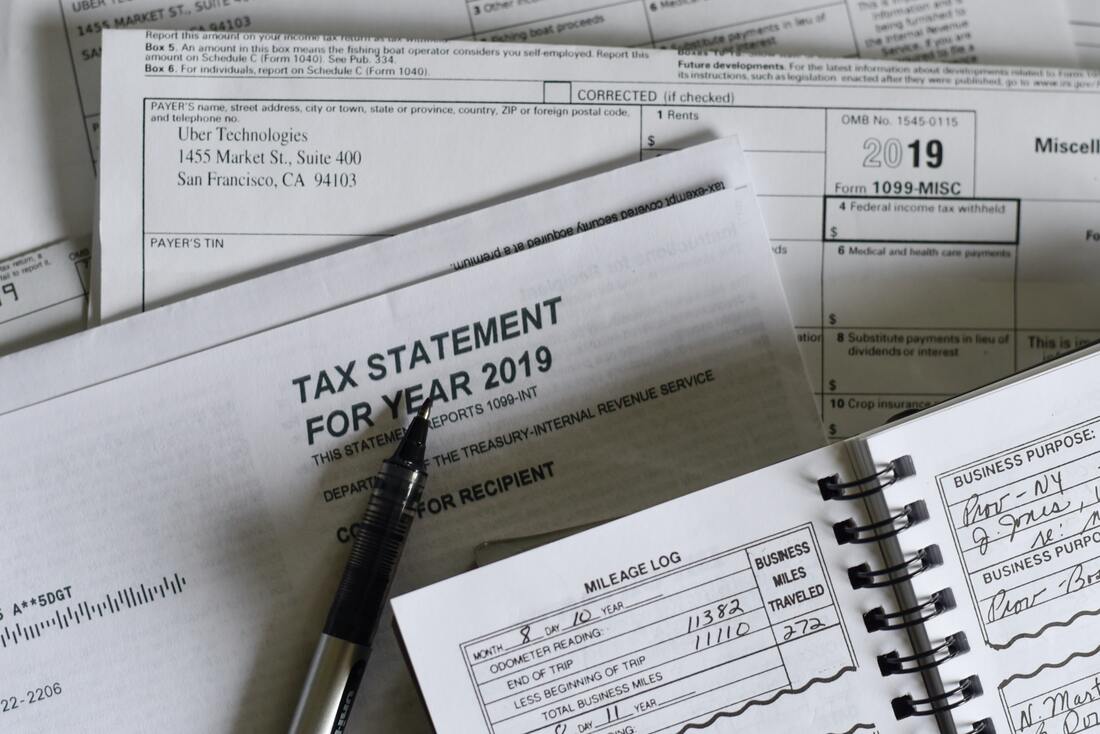Everything you need to know about the Spring Budget 2020
| Too busy to read it all? Feel free to listen to our short recording and learn all of the important things you need to know about here... | |
Personal Allowances & National Insurance
 Photo by Olga DeLawrence on Unsplash | The point at which people will pay income remains at £12,500 for 2020/21. Spouses and civil partners may transfer £1,250 of their personal allowance to each other. The point at which people pay higher rate tax continues at £50,000 for 2020/21. The biggest personal tax break is the point at which employees / self employed pay National Insurance rising to £9,500. |
- Pay higher rate tax
- Start to lose your child benefit
- Lose some savings allowance
The Chancellor also announced changes to the tapering of Pension Annual Allowances meaning the ‘threshold income’ will rise to £200,000.
Class 2 National Insurance (at £3.05 a week) will continue to be collected as part of the Self Assessment process.
Business Tax
|  Photo by Olga DeLawrence on Unsplash |
- It was widely anticipated that Entrepreneur’s relief would be abolished as early as midnight today, however the lifetime allowance is now £1m which will mean no change to the vast majority of small businesses
- The electric car ‘sweet spot’ I mentioned in my last newsletter is still very much available to businesses
- There will also be some small business rates relief and for those who are too small to receive the relief there will be a credit
VAT Threshold
Employing People
 Photo by Alex Kotliarskyi on Unsplash | The employment allowance rises to £4,000 meaning small businesses only pay Employers NI after this point. It is worth noting that the threshold at which Employers NI is due is lower than the employees NI threshold of £9,500 at £8,788. There were also measures to reimburse small businesses for sick pay as a result of Coronavirus including self isolation. HMRC will issue guidance. |
The National Minimum Wage and National Living Wage are set to increase on 1 April 2020.
The current National Living Wage for those aged 25 and over is £8.21 and is set to increase by 51p to £8.72.
Elsewhere, from 1 April 2020, the National Minimum Wage rates for other age groups are:
- those aged 21 to 24 will receive £8.20 per hour at an increase of 50p
- those aged 18 to 20 will receive £6.45 per hour at an increase of 30p
- those aged 16 to 17 will receive £4.55 per hour at an increase of 20p
- those on the apprentice rate will receive £4.15 per hour at an increase of 25p per hour
Also it’s worth reviewing pension arrangements as these salary changes might mean that some employees become eligible for a pension scheme for the first time.


 RSS Feed
RSS Feed